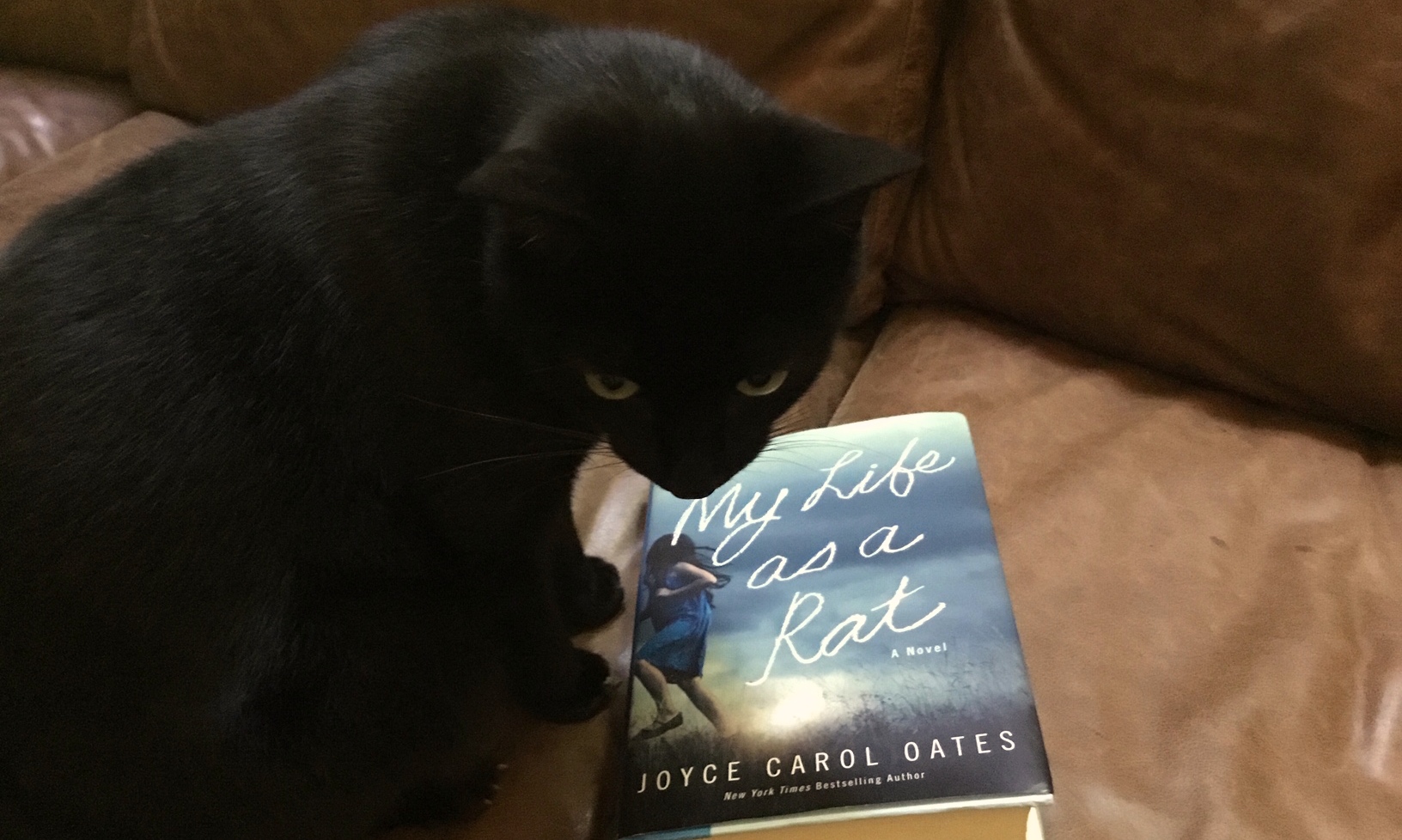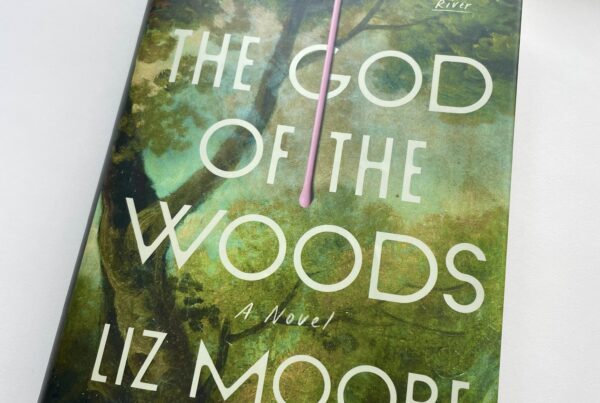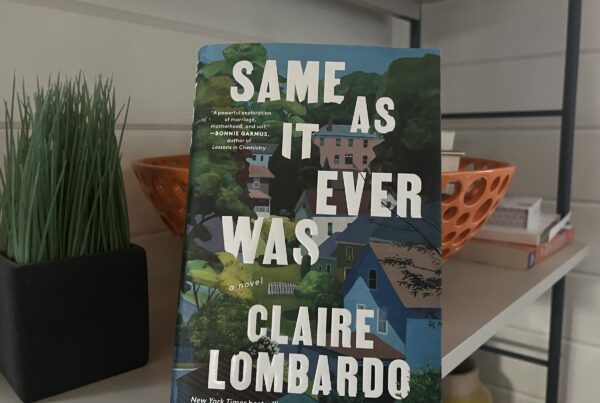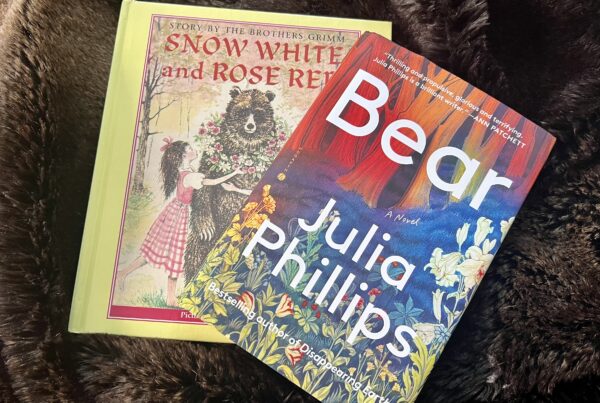I was in high school when I first read Joyce Carol Oates’ disturbing short story, “Where Are You Going; Where Have You Been?” in which a young woman becomes the target of a violent predator. The story introduced me to the idea that while my actions mattered, what mattered more was how boys and men acted in relation to me and those actions. Oates’ new novel, My Life as a Rat, picks up that same thread and weaves a new and discomfiting tale.
Violet Rue, a twelve-year old girl, commits the biggest sin she can in her upstate New York, Catholic family – she tells the truth. She is her family’s favorite, not only because she is the youngest but also because she is innocent, still a girl and not yet a woman. Violets, a quick internet search reveals, are said to represent faithfulness and modesty.
Violet wants so much to belong to her family, and it’s this desire that pushes her to investigate her brothers’ late-night activities one early morning in November, 1991. She finds them drunk in the kitchen, excited and high. She watches them go outside, clean themselves off, try to fix a dent in the truck, clean and then bury her oldest brother’s baseball bat. Later, when she surprises them in the kitchen, they tell her they got into a fight and swear her to secrecy, and she suddenly feels part of the masculine circle that defines their large family.
But the truth comes out, in many ways. On the news the next morning, it is revealed that a young black boy has been beaten savagely, and his survival is uncertain. The police learn through a tip that Violet’s brothers may have been involved, and as the situation becomes more precarious, Violet becomes wary of her brothers. Still, when one of them strikes, she is caught completely off guard. As a warning to stay quiet, Lionel shoves her down some icy steps and no one seems to really care, except for the teachers and the nurse at school.
Violet, unable to keep her secret in any longer, explains everything she saw that night. What happens next is unexplainable, cruel, unimaginable. Her entire family rejects her and she is sent off to live with an aunt 80 miles away. When her family chooses her two brothers, who commit a racist and homicidal act, over her, Violet learns that her own life has no value. In town after town, encounter after encounter, Violet finds this to be true.
Oates’ novel, though set in the 1990’s and early 2000’s, offers an important look at what we are still moving out from underneath and away from, and how challenging it can be. Oates reminds us both of the work we have to do, as well as the small triumphs that can come from releasing oneself from society’s gender expectations. #MeToo is a type of ratting out, I suppose some may say, but Violet Rue learns that it is her “life as a rat” that leads her to liberation from shame and regret.




